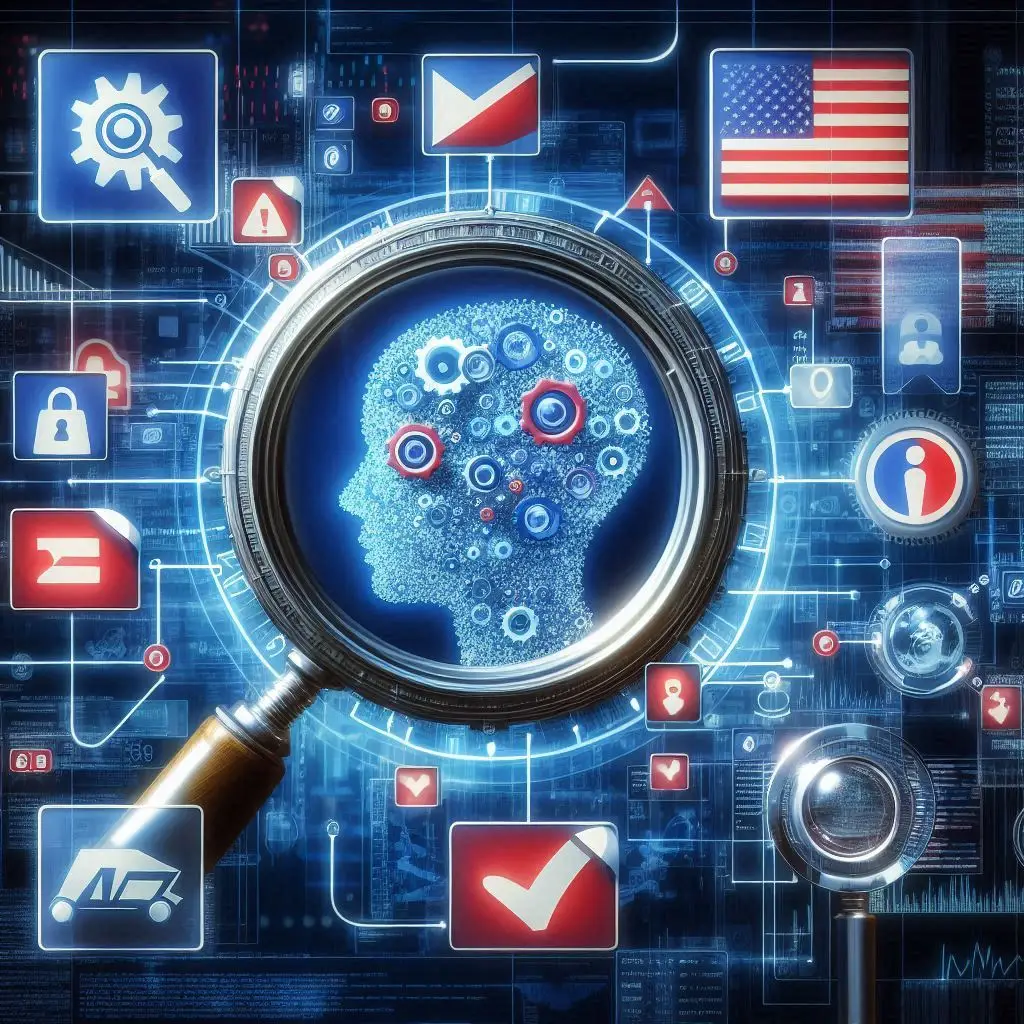In the fast-paced world of technology, businesses are increasingly embedding artificial intelligence (AI) into various aspects of operations. From AI-driven chatbots serving as frontline customer service representatives to AI assistants aiding executives in decision-making, the integration of AI into the workforce is becoming more prevalent. As AI assumes more roles traditionally held by humans, one challenge stands out: how can AI effectively understand and respond to the nuances of human emotion? Enter "Emotion AI," a burgeoning field that aims to bridge this gap by enabling AI systems to interpret and respond to human emotions.
Understanding Emotion AI: Beyond Sentiment Analysis
Emotion AI, as highlighted in PitchBook’s recent Enterprise SaaS Emerging Tech Research report, is an area of technology that promises to revolutionize human-machine interactions. Unlike traditional sentiment analysis which attempts to gauge the sentiment behind text-based interactions Emotion AI takes a more sophisticated approach. It is multimodal, meaning it uses various inputs such as visual, audio, and even biometric data to assess human emotions during an interaction.
For example, when a customer types, “What do you mean by that?” into a chatbot, the phrase could be interpreted differently depending on the context. Is the customer angry, confused, or merely seeking clarification? Emotion AI aims to provide AI systems with the ability to discern these subtleties, enabling more accurate and empathetic responses.
The Growing Demand for Emotion AI
The rise of AI in the workplace has given Emotion AI a new level of importance. As AI systems take on more complex roles, their ability to understand and react to human emotions becomes critical. Major AI cloud providers like Microsoft and Amazon have already recognized this need and offer services that incorporate Emotion AI capabilities. For instance, Microsoft Azure’s Cognitive Services includes an Emotion API, while Amazon Web Services offers emotion detection through its Rekognition service.
The growing prevalence of AI in the workforce is not without its challenges. As businesses increasingly rely on AI-driven tools, the demand for more human-like interactions between AI and users has intensified. According to PitchBook’s Derek Hernandez, this proliferation of AI assistants and fully automated human-machine interactions underscores the need for Emotion AI. Emotion AI promises to enable more human-like interpretations and responses, Hernandez notes, highlighting the potential for this technology to transform workplace dynamics.
The Hardware Behind Emotion AI
Emotion AI relies on a variety of hardware components to capture the necessary data for emotion detection. Cameras and microphones, integrated into devices like laptops, smartphones, and wearable technology, play a crucial role in gathering visual and auditory data. These devices can capture facial expressions, tone of voice, and other non-verbal cues that are essential for Emotion AI to function effectively.
For example, a customer service chatbot might request access to a user's camera and microphone to better gauge their emotional state during an interaction. While this may raise privacy concerns, the potential benefits of more empathetic and responsive AI systems could outweigh the drawbacks for some users.
The Startups Pioneering Emotion AI
Given the growing interest in Emotion AI, it’s no surprise that a number of startups are emerging to meet the demand. Companies like Uniphore, which has raised a total of $610 million (including $400 million in 2022), are leading the charge. Other notable startups include MorphCast, Voicesense, Superceed, Siena AI, audEERING, and Opsis, all of which have secured funding from various venture capital firms.
These startups are developing innovative solutions that aim to integrate Emotion AI into everyday business operations. By focusing on different aspects of emotion detection—such as voice analysis, facial recognition, and behavioral analysis these companies are helping to advance the field and bring Emotion AI closer to mainstream adoption.
The Controversies and Challenges Surrounding Emotion AI
Emotion AI is not without controversy. One of the most significant challenges facing the technology is the question of whether AI can truly understand human emotions. In 2019, a team of researchers conducted a meta-review of studies on emotion detection and concluded that human emotion cannot be reliably determined by facial movements alone. This finding casts doubt on the assumption that AI can accurately mimic human emotional understanding by analyzing facial expressions, body language, and tone of voice.
Regulatory concerns could impede the widespread adoption of Emotion AI. The European Union’s AI Act, for example, includes provisions that ban the use of computer-vision emotion detection systems in certain contexts, such as education. Additionally, state laws like Illinois’ Biometric Information Privacy Act (BIPA) prohibit the collection of biometric data without explicit consent. These regulations reflect broader concerns about privacy and the ethical implications of Emotion AI, particularly when it comes to sensitive applications.
The Future of Emotion AI in the Workplace
As businesses continue to explore the potential of AI, the future of Emotion AI remains uncertain. On one hand, the technology could lead to more empathetic and human-like interactions between AI and users, improving customer service, sales, HR, and other areas where understanding human emotion is critical. On the other hand, there are valid concerns about the accuracy of Emotion AI and its ability to truly replicate human emotional understanding.
As AI becomes more integrated into the workplace, employees and customers may become increasingly wary of the technology. The idea of a management-required bot that attempts to guess everyone’s feelings in real time during meetings, for example, could be seen as intrusive or even Orwellian.
Ultimately, the success of Emotion AI will depend on its ability to balance the benefits of more human-like interactions with the need for accuracy, privacy, and ethical considerations. Whether Emotion AI becomes a staple of the modern workplace or fades into the background as a failed experiment remains to be seen. But one thing is certain: the conversation around Emotion AI is far from over, and its impact on the future of work will be closely watched in the years to come.









Add a Comment: